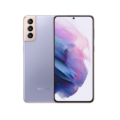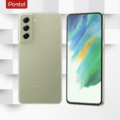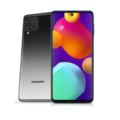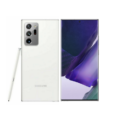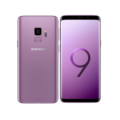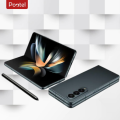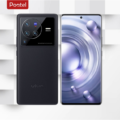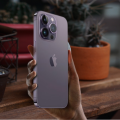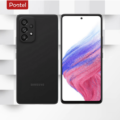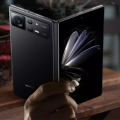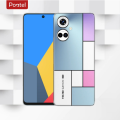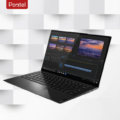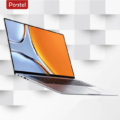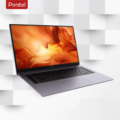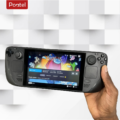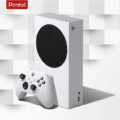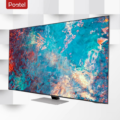Samsung Galaxy Book 2 Pro 360
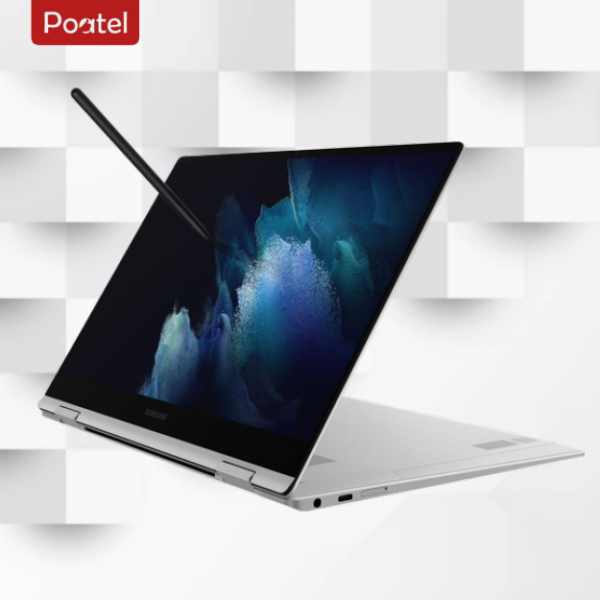





SUMMARY REVIEW
The Samsung Galaxy Book 2 Pro 360 Is the Smartphone Device that Launched in 17 March 2022, this phone packed with the AMOLED Full HD with 500 nits, HDR and DCI-P3 Display measure across 15.6 inches with resolution of 1920 x 1080 pixels with 16:9 ratio.
Full Specifications
General Specs
| Brand | Samsung |
| Model Name | Galaxy Book 2 Pro 360 |
| Launched | 17 March 2022 |
| Operating System <strong>OS => </strong> Every computer system run on a base software called Operating System (OS). Operating System controls all basic operations of the computer (such as smartphone, PDAs, tablet computers and other handheld devices). The Operating System allows the user to install and run third party applications (apps), apps are used to add new functionality to the device. | Window 11, Home |
| Graphics | Intel Iris Xe Graphics (Intergrated) |
| Build/Materials | Build with Plastic flame and Glass front |
| Color Types | Available in Graphite, Burgundy and Siliver Colors |
Dimensions
| Height | 227.97 mm |
| Width | 354,85 mm |
| Depth | 11.9 mm |
| Weight | 1.41 Kilograms |
Display
| Display Type <strong>Display Technology => </strong> A number of display technologies and types used in mobile phones => TFT (Thin Film Transistor), IPS (In-Place Switching), OLED (Organic Light Emitting Diode), AMOLED (Active-Matrix Organic Light-Emitting Diode), Super AMOLED (an even advanced version of AMOLED), Resistive Touchscreen (Resistive touchscreens contain two layer of conductive material with a very small gap between them which acts as a resistance), Capacitive Touchsceen (Capacitive touchscreen technology consists of a layer of glass coated with a transparent conductor) | AMOLED Full HD with 500 nits, HDR and DCI-P3 |
| Size | 15.6 inches |
| Resolution | 1920 x 1080 pixels with 16:9 ratio |
| Touch Screen | Yes, with 10 fingers |
Processor
| Processor Type | 12 Gen 28W Intel core i7 |
| Processor Speed | 1.6GHz |
| Processor Boost | 12th Generation, Intel core Processors |
| Processor Cores | 7 Cores |
| 64-bit Computing | Yes, with 64 bit |
| Processor Modal | Intel Core i7 |
PC Memory
| RAM Type | LPDDR3 SDRAM |
| RAM (Memory) <strong>RAM</strong> (Random Access Memory) is a type of computer memory that can be accessed randomly, any byte of memory can be accessed without touching the preceding bytes that allows information to be stored and accessed quickly from random locations. RAM is the most common type of memory found in computer systems, smartphones, tablets and other electronic devices. | 16 GB LPDDR5 |
| RAM Max | upto 64 GB |
Storage
| Storage Type | Solid State Drive (SSD) |
| Storage Capacity | 1 TB PCIe Gen 4 NVMe SSD |
| Technology | PCIe NVMe SSD |
Connectivity
| Bluetooth <strong>Bluetooth</strong> is a wireless communications technology for exchanging data between mobile phones, headsets, computers and other network devices over short distances without wires, Bluetooth technology was primarily designed to support simple wireless networking of personal consumer devices. | Yes, with Bluetooth v5.2 |
| Wi-fi <strong>Wi-Fi</strong> is a popular wireless networking technology using radio waves to provide high-speed network connections that allows devices to communicate without cords or cables, Wi-Fi is increasingly becoming the preferred mode of internet connectivity all over the world. | Yes |
| Wi-fi Hotspot | |
| NFC <strong>NFC</strong> (Near field communication) is a set of standards for smartphones and similar devices to establish peer-to-peer radio communications with each other by touching them together or bringing them into proximity, usually no more than a few inches. |
Inputs
| Web Cam | Yes, with 1080pixels Full HD Webcam |
| Backlit Keyboard | Yes |
| Touchpad | Yes, with Finger print on Powe buttom |
| Speakers | Yes, with Dual stereo AKG Speaker and Dolby Atmos |
| Internal Mic | Yes, with Internal Mic |
Ports and slots
| USB Ports | 1 x USB 3.3 Type A and 1 x USB 3.2 Type C Ports |
| HDMI Port | Yes, with HDMI |
| LAN | Yes, with 802.11 A/C |
Battery
| Battery Type <strong>Battery Type => </strong> Cell phones run on various kinds of batteries depending on the manufacturer, phone size or shape and features. There are basically four types of cell phone batteries => Lithium Polymer, Lithium Ion, Nickel Metal Hydride and Nickel Cadmium. | Li-Ion (Lithium Ion) |
| Capacity <strong>Battery Capacity</strong> is a measure (typically in Amp-hr) of the charge stored by the battery, and is determined by the mass of active material contained in the battery. The battery capacity represents the maximum amount of energy that can be extracted from the battery under certain conditions. | 68Wh Battery and 65W charger |
| Placement | Removable Battery |

